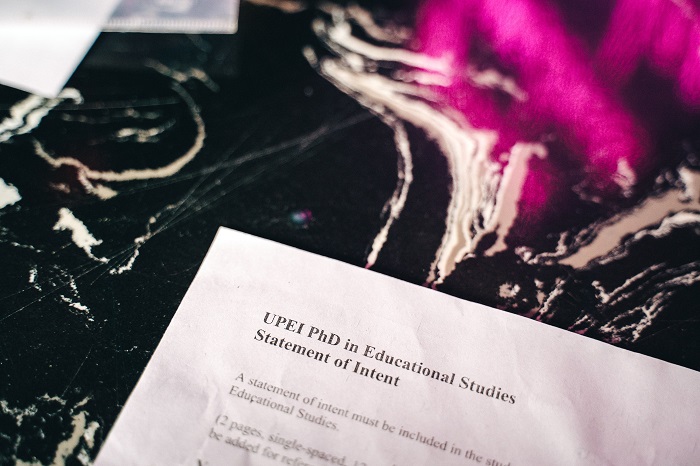The Doctor of Philosophy (Ph.D.) is a doctoral degree for scholars aspiring to pursue a career in research, rendering a dissertation, thereby putting forward their breakthroughs to science. It’s the most majestic and noble indicator of academic excellence that can be attained through years of research, justifying your title of a ‘Doctor’ in your domain of excellence.
Your priority as a Ph.D. scholar should be to develop new insights while coordinating with your supervisor. At the end of your degree, you will be awarded the title of a ‘Doctor’ in your domain of excellence, which will stay with you for perpetuity.
Fun Fact:
Michael Nicholson of Michigan, USA, has the highest number of degrees including doctorates. He has been to school for 55 years straight, earning him a total of 30 degrees! His majestic attire of degrees includes 1 Bachelor’s degree, 2 Associate’s degrees, 23 Master’s degrees, 3 Specialist’s degrees, and 1 Doctorate.
Is a Master’s degree obligatory for a Ph.D.?
Nope! If you comply with the standards, you may forgo a Master’s degree, and after attaining your bachelor’s degree, you may enroll straight into a Doctoral program. Fortunately, it’s possible in India too! As certain elite Indian universities offer such flexibility.
Fun Fact:
Karl Witte, at the age of 13, is the youngest Ph.D. holder. He still holds the title for the youngest Doctorate in the Guinness Book of World Records, and his distinction still stands.

What is the average time it takes to obtain a Ph.D.?
In general, an average student takes 4-7 years, depending upon the domain and the vastness of the subject, to attain a Ph.D. Interestingly, enough Ph.Ds. in Japan & the UK last only for up to 3 years.
How’s a Ph.D. different from a Doctorate?
While the Ph.D. is a form of a Doctorate, all Doctorate’s are not the same! For instance, Doctor of Philosophy is one of the most popular Doctorate’s, but it’s nowhere close to a Ph.D.
A Ph.D. requires you to make a kosher contribution to your domain of study. Whereas a regular Doctorate is for people who are more inclined towards the practical application of knowledge and seeking a career in practical settling.

Phases of a Ph.D.:
You start by performing a comprehensive investigation on your research topic by meticulously evaluating previously published material. After reviewing relevant scholarly papers and journals, you deliver a Literature Review.
Once you’ve gained a deeper understanding of your field of study. You’ll be able to pinpoint issues that need to be addressed and obstacles that need to be tackled. After that, you’ll use descriptive and inferential strategies to achieve your research goals.
Based upon your observation & conclusions a thesis has to be devised that outlines your investigation, evaluation of facts, and workable alternatives. You’ll have to compose a Ph.D. dissertation based on the analysis and conclude your research.
The ultimate goal is to persuade the thesis panel that your research is legitimate and credible. You must defend your thesis! The thesis panel will ask you challenging questions that will test your intellect and critical-thinking abilities.
Fun Fact:
Fewer than 1%of the population ever attains a Ph.D.!




